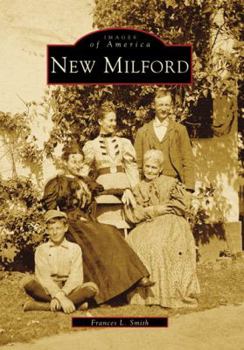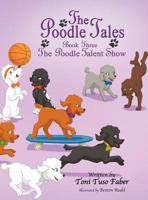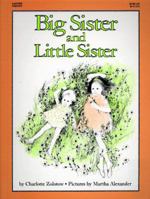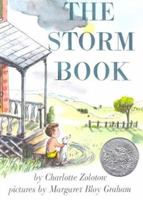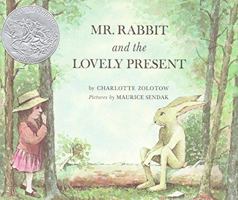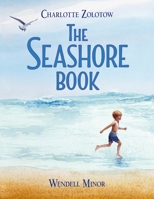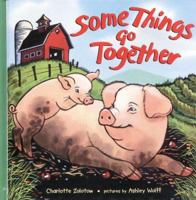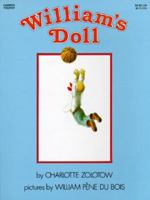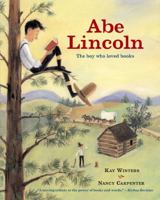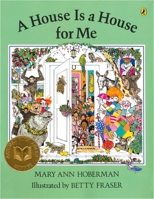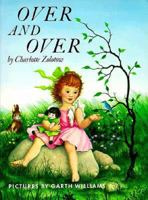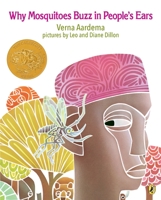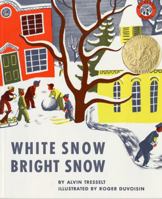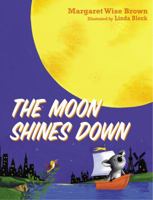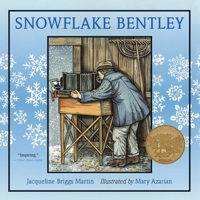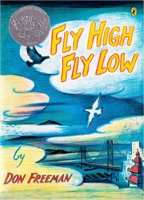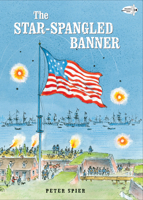You Might Also Enjoy
Book Overview
New Milford is located in western Connecticut, in the lower portion of Litchfield County. The original
inhabitants of the area were the Potatuck who, along with other tribes, retreated as settlement of the region began--the first in the county being in Woodbury in 1672. At the beginning of the eighteenth century, the land that later became New Milford was purchased from the Indians, and the first settler, John Noble, arrived from Massachusetts and built a home here in 1707. As the centuries progressed, so did the town. New Milford became a business center with many mills, shops, taverns, and other services.
In stunning images and clear narrative, New Milford
traces the history not only of the town itself but also of many of the families whose names are an integral part of the community, among them the Bostwicks, the Heacocks, and the Kings. The book follows the development of the town--its industry, such as New Milford Pottery, its educational
facilities, such as Canterbury School, and its familiar places, such as the Wayside Inn.
inhabitants of the area were the Potatuck who, along with other tribes, retreated as settlement of the region began--the first in the county being in Woodbury in 1672. At the beginning of the eighteenth century, the land that later became New Milford was purchased from the Indians, and the first settler, John Noble, arrived from Massachusetts and built a home here in 1707. As the centuries progressed, so did the town. New Milford became a business center with many mills, shops, taverns, and other services.
In stunning images and clear narrative, New Milford
traces the history not only of the town itself but also of many of the families whose names are an integral part of the community, among them the Bostwicks, the Heacocks, and the Kings. The book follows the development of the town--its industry, such as New Milford Pottery, its educational
facilities, such as Canterbury School, and its familiar places, such as the Wayside Inn.
Format:Hardcover
Language:English
ISBN:0807613312
ISBN13:9780807613313
Release Date:January 1994
Publisher:George Braziller
Length:297 Pages
Weight:1.40 lbs.
Dimensions:1.2" x 6.2" x 9.4"
Related Subjects
Architecture Contemporary Education & Reference Fiction Gay Literature & Fiction RomanceCustomer Reviews
2 customer ratings | 2 reviews
There are currently no reviews. Be the first to review this work.











